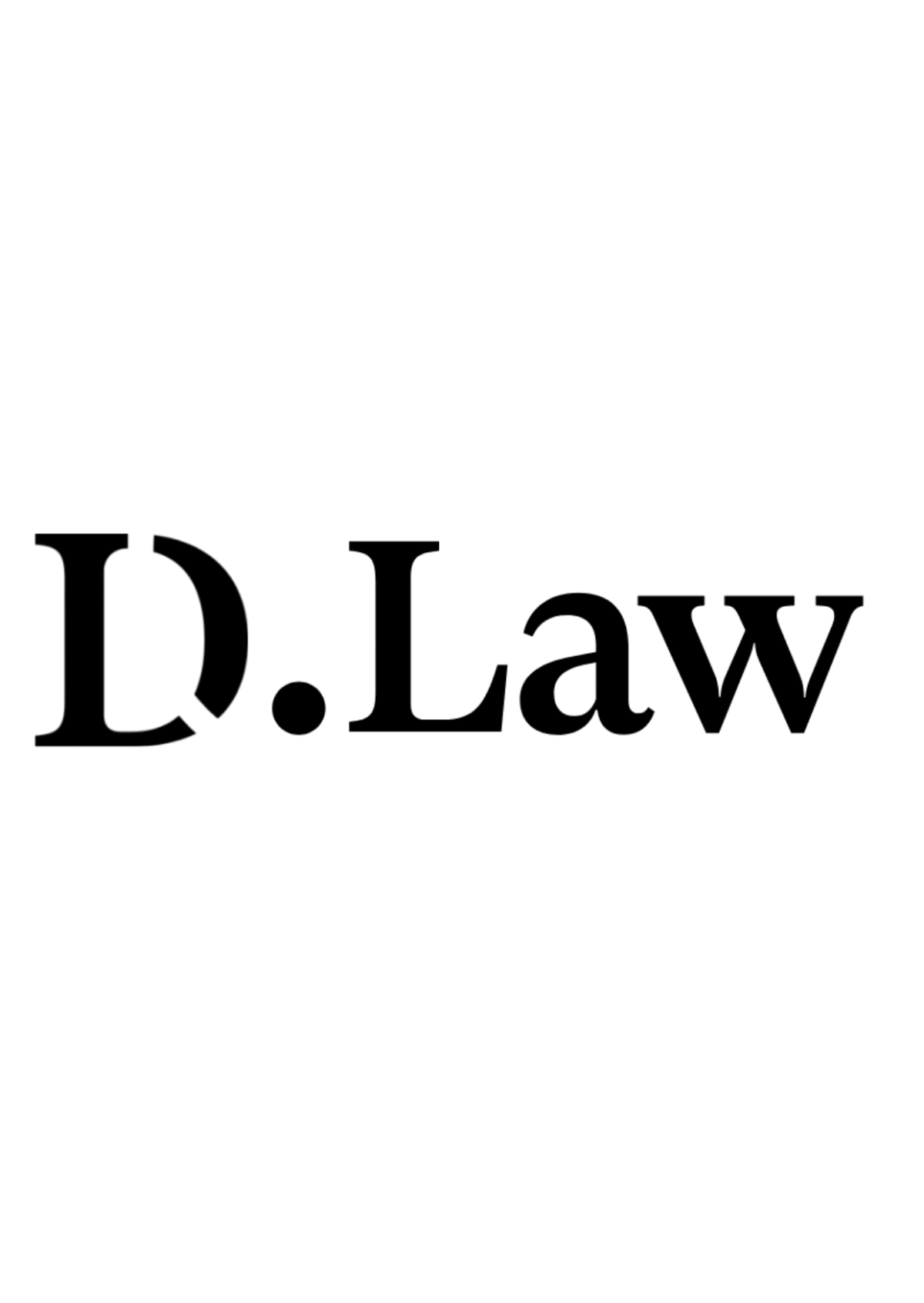Many California employers are required to provide employees with unpaid, job-protected leave in certain scenarios under the Family and Medical Leave Act (FMLA). However, approving leave under the FMLA is just one employer responsibility. They also need to avoid retaliatory acts that may be considered FMLA harassment.
D.Law, a team of employment lawyers in Glendale, CA, explains what qualifies as FMLA harassment below.
What Constitutes FMLA Harassment?
FMLA harassment may encompass any type of mistreatment against an employee who requests or takes protected leave under the FMLA. Employers sometimes commit acts of retaliation against employees who take protected leave as a way to punish them for upholding their rights. This is against California law and may be cause for legal action.
Employees must meet certain criteria to qualify for leave under the FMLA. For example, they must have a qualifying reason for taking leave, such as the birth or adoption of a child or to seek medical treatment. When an employee meets the criteria to take leave, an employer must generally grant the leave without harassing, threatening, or retaliating against them.
Examples of FMLA Harassment in the Workplace
FMLA harassment can take many forms and may not be immediately recognizable to workers. Understanding examples of FMLA harassment can help workers identify instances of mistreatment and protect their rights.
A few common examples of FMLA harassment may include:
Unlawful job changes or retaliation: An employer might retaliate against a worker who takes protected leave by firing them, demoting them, or transferring them to a less desirable position. The FMLA requires employers to hold workers' positions through the duration of their leave.
Threats or intimidation: An employer should not make threatening comments that discourage a worker from taking protected leave or lead them to fear for the security of their job.
Verbal or psychological harassment: An employer should not make negative comments about a worker upholding their right to FMLA leave, complain about the extra work their colleagues will have to complete in their absence, or make jokes about the reason they took leave. These remarks may be considered harassment and violate the worker's right to protected leave.
Invasions of privacy: Workers generally need to show that they meet the criteria to take FMLA leave, but they do not need to disclose private details about their medical conditions. When an employer requests these details, they may be committing FMLA harassment by invading the worker's privacy.
Workers who have experienced any of these forms of FMLA harassment should consult an employment law firm in Glendale, CA. An attorney can advise on next steps, such as reporting the harassment to HR or escalating the report to the California Civil Rights Department or the Equal Employment Opportunity Commission (EEOC).
About D.Law
D.Law is a legal practice serving Glendale and many communities throughout California. The law firm exclusively practices employment law, covering areas such as wrongful termination, discrimination and harassment, workplace retaliation, leave of absence disputes, and more.
Those who have questions about what is considered FMLA harassment or upholding employee protections under California law can reach D.Law at 818-275-5799.



